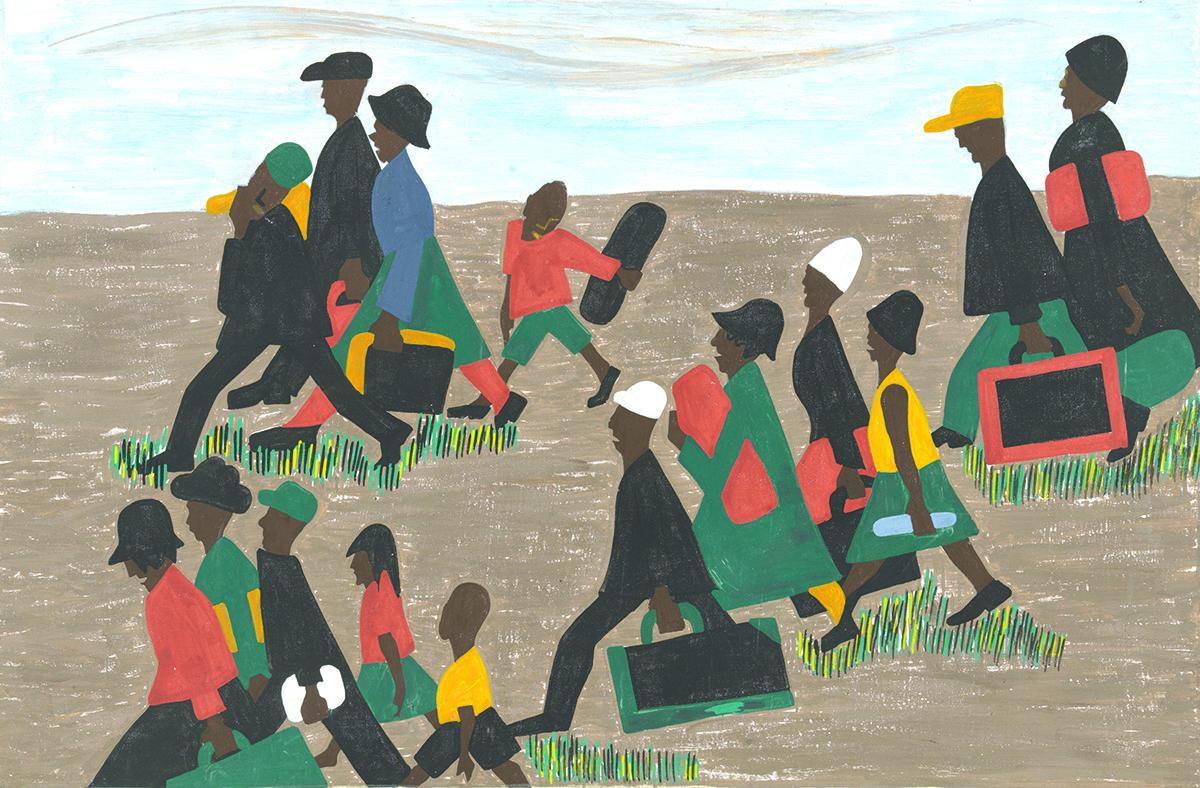“FRED. DOUGLASS has issued another address to the colored men, urging them to come forward and enlist. He says:
The case stands thus: We have asked the nation for a chance to fight the rebels — to fight against Slavery, and to fight for freedom. Well, the chance is now given us. We must improve it, of sink [???]eper than ever in the pit of social and political degradation, from which we have been struggling for years to extricate ourselves. When the nationality of the United States is set in safety, in part by your hands, the whole world would cry shame upon any attempt to denationalize you.
To fight for the Government in this tremendous war is, then, to fight for nationality, and for a peace with all other classes of our fellow-citizens. I know that Congress has been pleased to say, deference to prevailing prejudice, that colored men shall not rise higher than company officers. They might as well have passed a law that black men shall not be brave; that they shall not learn to read; that they shall not shoot straight, and that they shall not grow taller than five feet nine inches and a hall. The law is even more absurd than mean. Enter the army and deserve promotion, and you will be sure to get it in the end. To say you will not go into the army until you can be a Colonel or a General, is about as wise as to say you won’t go into the water until you shall learn how to swim. When the priest told Patrick that he had prayed his father’s head and shoulders out of purgatory, and a little more money was wanted to complete the work, Paddy declined to give it, on the ground that, if his father had been so fortunate as to get his head out, he would risk his getting his whole body out. Pat’s wisdom will be good in our case. Once let colored men be made captains of companies, and demonstrate their capacity for such captaincy, and I will risk their upward progress. The great thing to be done first of all is, to get an eagle on your button and a musket on your shoulder. “It is the first step that costs.” Take it, and all will come right after that first step is well and firmly taken.”
